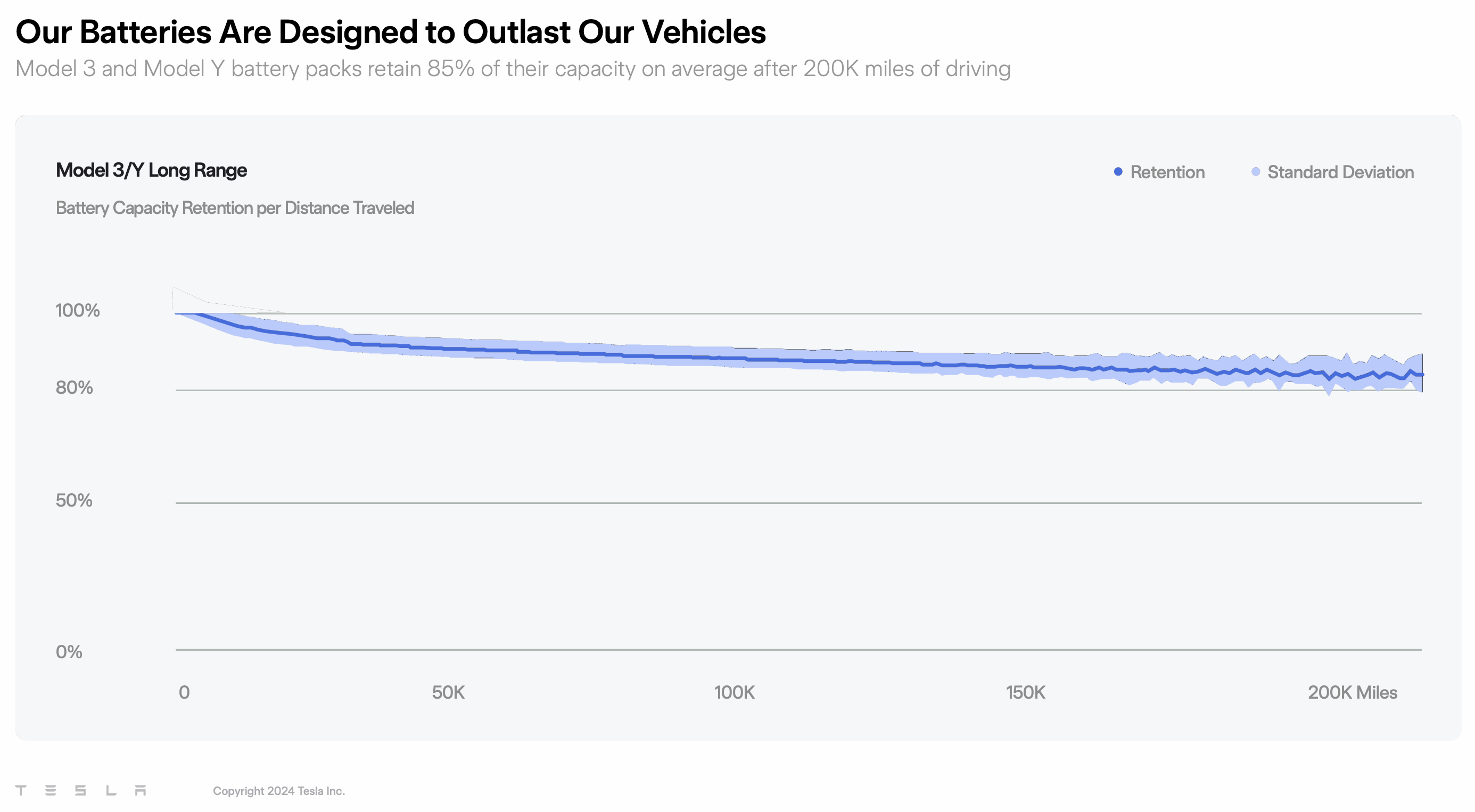All conditions have now been satisfied for Rio Tinto’s investment to develop the Simandou high-grade iron ore deposit in Guinea, including the completion of necessary Guinean and Chinese regulatory approvals. The transaction is expected to complete during this week.
Along with the recent approval by the Board of Simfer, this allows Simfer to invest in and fund its share of co-developed rail and port infrastructure being progressed in partnership with Winning Consortium Simandou (WCS), Baowu and the Republic of Guinea.
More than 600 km of new multi-use trans-Guinean railway together with port facilities will allow the export of up to 120 Mt per year of mined iron ore by Simfer and WCS from their respective Simandou mining concessions in the southeast of the country. Together, this will be the largest greenfield integrated mine and infrastructure investment in Africa.
Rio Tinto Executive Committee lead for Guinea and Copper Chief Executive Bold Baatar said: “We thank the Government of Guinea, Chinalco, Baowu and WCS for their partnership in reaching this milestone towards developing the world class Simandou project.Simandou will deliver a significant new source of high-grade iron ore that will strengthen Rio Tinto’s portfolio for the decarbonisation of the steel industry, along with trans-Guinean rail and port infrastructure that can make a significant contribution to the country’s economic development.”
Under the terms of the transaction, Simfer will acquire a participation in the WCS project companies constructing rail and port infrastructure, commit to perform a portion of the construction works itself and commit to funding its share of the overall co-developed infrastructure cost, in an aggregate amount of approximately $6.5 billion (Rio Tinto share approximately $3.5 billion).
Chalco Iron Ore Holdings Ltd (CIOH) has now paid its share of capital expenditures incurred or required by Simfer to progress critical works up to completion. A first payment of approximately $410 million, for expenditures until the end of 2023, was made on 28 June 2024, and a second payment of approximately $575 million, for 2024 expenditures, was made on 11 July 2024. These amounts settle all expenditures incurred up to date.
The co-developed infrastructure capacity and associated cost will be shared equally between Simfer, which will develop, own and operate a 60 Mt per year mine in blocks 3 and 4 of the Simandou Project, and WCS, which is developing blocks 1 and 2.
Under the co-development arrangement, Simfer and WCS will deliver separate infrastructure scopes to leverage expertise. Simfer will construct the approximately 70 km Simfer spur rail line and a 60 Mt per year transhipment vessel (TSV) port, while WCS will construct the dual track approximately 536 km main rail line, the approximately 16 km WCS spur rail line and a 60 Mt per year barge port.
Once complete, all co-developed infrastructure and rolling stock will be transferred to and operated by the Compagnie du Transguinéen (CTG) joint venture, in which Simfer and WCS each hold a 42.5% equity stake and the Guinean State a 15% equity stake.
First production from the Simfer mine is expected in 2025, ramping up over 30 months to an annualised capacity of 60 MT per year (27 Mt Rio Tinto share). The mine will initially deliver a single fines product before transitioning to a dual fines product of blast furnace and direct reduction ready ore.
Simfer’s capital funding requirement for the Simandou project as a whole is estimated to be approximately $11.6 billion, of which Rio Tinto’s share is approximately $6.2 billion, broken down as follows.
Rio Tinto’s share of expected capital investment remaining to be spent from 1 January 2024 is to be $5.7 billion. Rio Tinto’s expected funding requirements for 2024 and 2025 are included in its share of capital investment guidance for this period, with project funding expected to extend beyond this timeframe.




